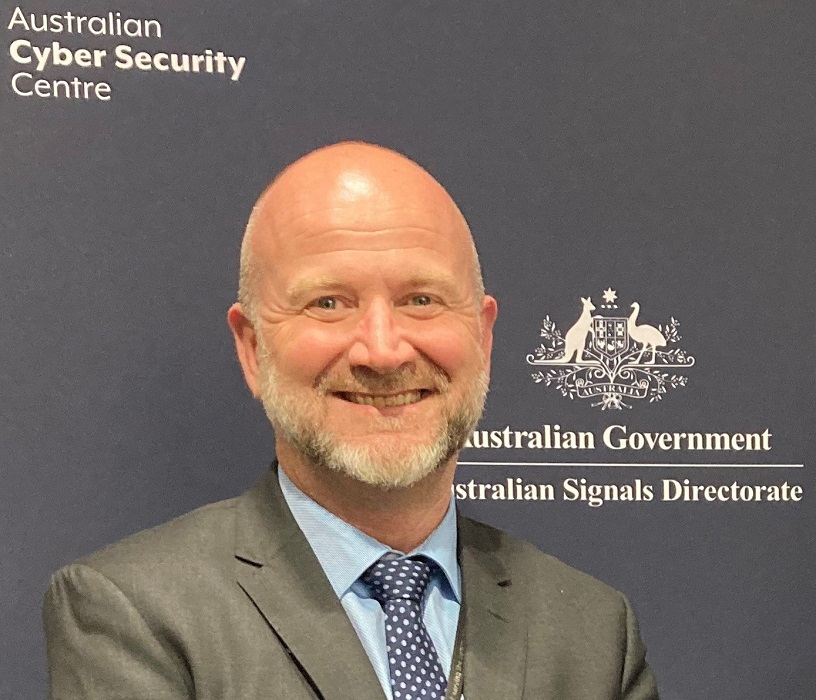
Police Officer Martin Burke to take on the fight with cryptocurrency
South Australian Detective Sergeant and recipient of the Donald Mackay Churchill Fellowship, Martin Burke (pictured), is working to disrupt the use of cryptocurrencies by organised crime.
Cryptocurrency is a digital currency that can be exchanged and circulated online, without relying on a central authority, such as a bank or government. The unregulated and borderless nature of cryptocurrency makes it a highly attractive means of financial exchange for organised crime.
“The use of cryptocurrency in unregulated networks allows anyone to transfer value to the other side of the world in a matter of minutes and not have the transaction flagged or identified by traditional regulatory mechanisms,” said Martin.
Online crime is a rapidly evolving and everchanging problem, with the use of cryptocurrency making it even harder to police and regulate.
“We are dealing with digital currency in a digital world yet the legislation and regulations are still based on tangible property,” said Martin. “The cryptocurrency market is unpredictable and quickly evolving therefore it requires strong and adaptable legislation.”
Learning from world leaders in understanding and tackling crime facilitated by cryptocurrency, Martin’s Fellowship will involve travel to Ireland, the Netherlands, Poland and the United Kingdom.
Martin will be researching and observing world’s best practice in cryptocurrency education, seizure and disruption. Public education about different cyber scams and the nature of cryptocurrency will help people avoid being victims of cybercrime in the first place. Beyond this, Martin will be observing the best approach to educating law enforcement and increasing their understanding of cryptocurrencies and how to best investigate and disrupt these crimes. Lastly, Martin will research leading legislation and regulation to disrupt crypto related crime and to seize cryptocurrency associated with crime.
“With the continual increase of cybercrime, Martin’s Fellowship is vitally important,” said Rachael Coghlan, CEO of the Winston Churchill Trust. “Understanding how cryptocurrency is used and exploited by serious crime, means we are better able to arm ourselves in the fight and protect everyday Australians from becoming victims.”
With over 30 years of experience in the police force, and until recently he was the team leader of a small, specialised unit of dedicated officers who conduct the initial investigation into reports of cybercrime. This role has led Martin to be seconded to the Australian Federal Police (AFP) where he is currently undertaking investigations and carrying out crime prevention initiatives at the Joint Policing Cybercrime Coordination Centre (JPC3). The JPC3 enables state and territory law enforcement, Commonwealth agencies, financial industry and the private sector to coordinate Australian policing responses to high-volume cybercrime as such, Martin is well positioned to take on this fight.
Martin has said that he is looking forward to being able to “harness this Fellowship opportunity, drive innovation and collaboration that will ultimately lead to the development of best practice guidelines regarding education, seizure and disruption of the criminal use of cryptocurrencies locally, nationally and internationally.”


